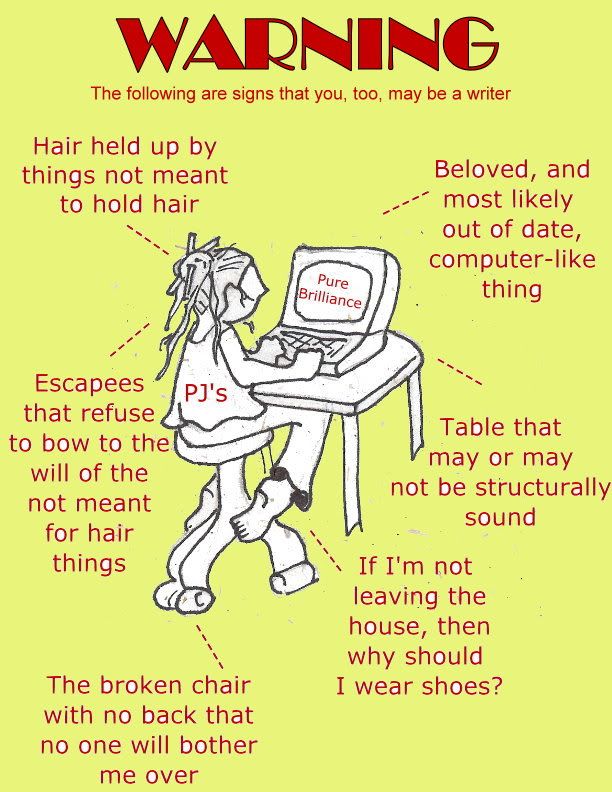At the time the post went up, Kathleen, the blogger, mentioned a series she loved as a kid, but couldn't remember the name of. (Thanks to some details provided, someone else gave her the title.) I found myself in a similar spot - knowing the plot, but not the title of a book I'd loved as a kid. I realized half-way through my answer that one of Kathleen's favorites was the title I was missing.
My list of favorite books was similar to hers:
- The Dollhouse Murders
- Wait 'Til Helen Comes
- Christina's Ghost (the forgotten title)
- The Vampire's Promise novels (though I'm fairly certain they had a different name back in the day)
- Christopher Pike
- I also read a lot of Poe, and the "Spooky Stories to Tell in the Dark" short stories.
All of that was just the lead in for my "real" post:
There's a book I read as a kid that I loved, but I've since forgotten the title. I'm wondering if anyone out there recognizes this set-up:
- It would have probably been published in the early 90's (though it's possible that it was an 80's hold-over), paperback and not very thick.
- The story was vampires (I've mentioned my fascination with the bloodsuckers, yeah?)
- The main character was a teenage boy 15-16 yrs old who lived in a boardwalk town (I'm wanting to call him Jesse.)
- His best (girl) friend had been taken by the "big bad" vampire, who was living in the shuttered boardwalk amusement park.
- The "less bad" vampire (because she certainly wasn't good) agreed to help rescue the girl because she wanted to destroy the "big bad" vampire, so she and the teen teamed up.
- They rescue the girl, and the big bad gets killed, but what made me remember this book was that it wasn't a happy ending. The last scene was in a sort of clubhouse, or treehouse, where the teen had taken his friend (because it was a standing structure with a threshold that couldn't be crossed, IIRC). She was out cold in an easy chair, and the very end had her waking up, him hugging her happily just as the scene faded to black on the light glinting off her new fangs.
Most kids' books are of the "happily ever after" and "problems solved by dinnertime" variety. Stumbling on one where victory was pulled out of reach at the last second was jarring, and obviously left an impression.


